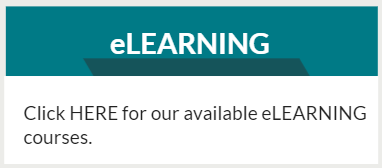Take a training!
NM-LTAP will return to services in November 2025!
Check back here for more information.
NEW ONLINE TRAINING OPPORTUNITIES AT YOUR OWN PACE STILL AVAILABLE!
NM-LTAP is excited to announce a series of online trainings you can take at your own pace, on your own schedule! Check out our asynchronous, online learning courses including Basic Plan Reading, Introduction to Transportation Math, and Workplace Best Practices. Coming soon, CDL A and B Theory courses!

ACNM Training Opportunities
NM-LTAP has partnered with the Associated Contractors of New Mexico to provide Temporary Traffic Control Technician and Supervisor certification training, Storm Water Competent Person training, and more. You can take ACNM courses through NM-LTAP for only $50.00. If you are interested in a course for yourself or your team, contact NM-LTAP at ltap@unm.edu to verify course eligibility. LTAP partners with ACNM to send trainers to you to certify your employees at only $50.00 per person. Contact us today to schedule at ltap@unm.edu.

